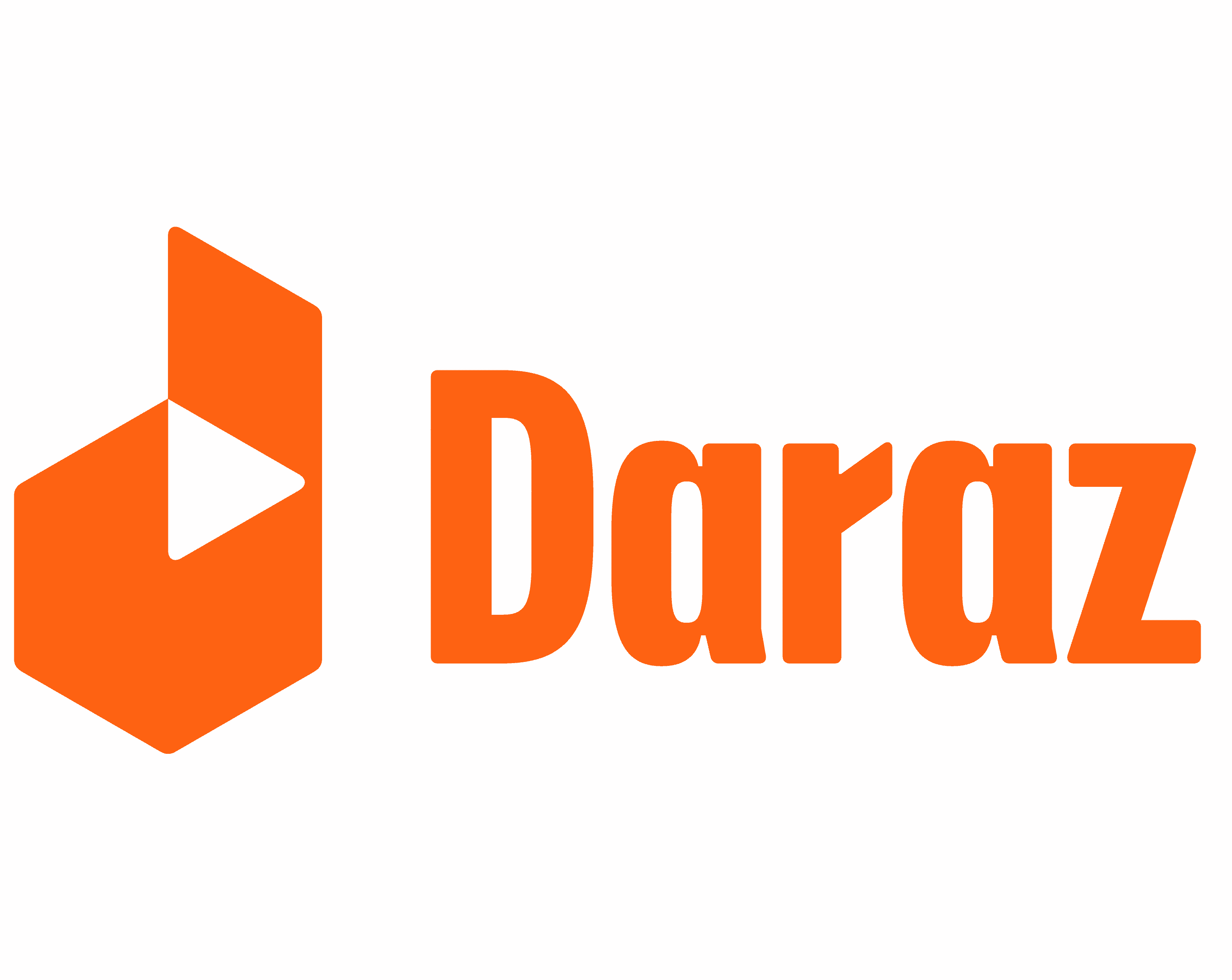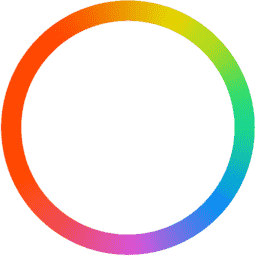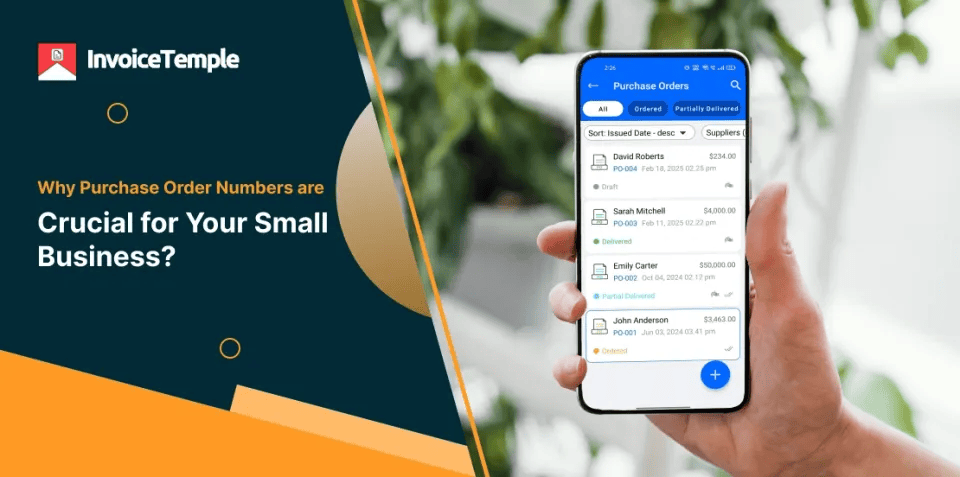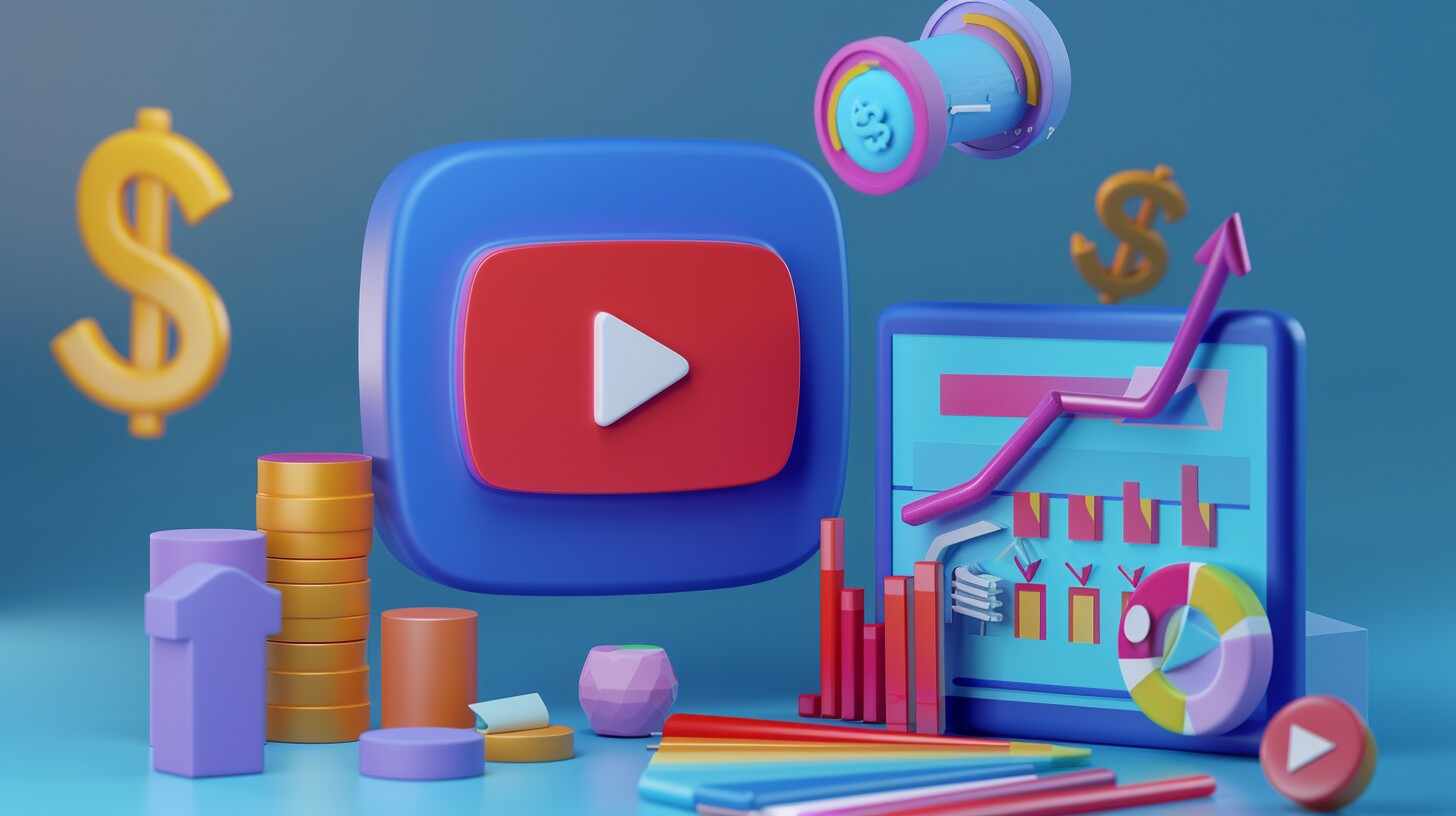The Ultimate Guide to Digital Marketing Courses: Elevate Your Career in the Digital Age
In today’s hyper-connected world, digital marketing has become an indispensable skill for individuals and businesses alike. Whether you’re a student looking to build a career, a business owner aiming to expand your online presence, or a marketing professional wanting to stay ahead, enrolling in digital marketing courses can be the game changer.
This blog covers the essentials of digital marketing courses, why they matter, and how they can boost your career.
What is Digital Marketing?
Digital marketing encompasses all online marketing efforts that use the internet and digital channels such as search engines, social media, email, and websites to reach customers. Its key areas include:
- Search Engine Optimization (SEO): Optimizing websites to rank higher in search engine results.
- Social Media Marketing (SMM): Promoting products or services on platforms like Facebook, Instagram, and LinkedIn.
- Content Marketing: Creating valuable content to attract and engage an audience.
- Email Marketing: Using email to send targeted messages to prospects and customers.
- Pay-Per-Click (PPC) Advertising: Paid ads displayed on search engines or social media platforms.
- Affiliate Marketing: Partnering with individuals or businesses to promote your products in exchange for a commission.
Why Digital Marketing Skills are in Demand
With the rise of the digital economy, businesses are prioritizing their online strategies to reach consumers. According to recent studies, the global digital marketing industry is projected to grow exponentially over the next few years. As more companies shift towards digital marketing, the demand for skilled professionals who can manage these platforms, analyze consumer behavior, and craft strategies to generate ROI is skyrocketing.
Some of the top reasons why learning digital marketing is crucial include:
- High Demand for Skilled Professionals: More businesses are investing in digital strategies, increasing the need for marketers proficient in online tools and trends.
- Lucrative Career Options: Digital marketers can earn competitive salaries. Positions like SEO specialists, social media managers, and content strategists are among the highest paying.
- Entrepreneurial Opportunities: Digital marketing allows entrepreneurs and freelancers to offer services to various industries without the need for physical infrastructure.
- Flexibility: Many digital marketing roles offer remote working options, making it a flexible career choice.
Key Components of a Digital Marketing Course
Search Engine Optimization (SEO)
- Courses usually cover keyword research, on-page optimization, link building, and technical SEO. SEO skills are vital to ensure a website ranks high on search engines, making it easier for potential customers to find your business.
Content Marketing
- Learn how to create content that engages and converts. Courses typically cover blog writing, video marketing, and developing an overall content strategy that aligns with business goals.
Social Media Marketing
- Discover how to effectively use platforms like Instagram, Facebook, and LinkedIn to build brand awareness, drive engagement, and boost sales. Learn about paid campaigns and organic strategies for maximum reach.
PPC and Google Ads
- PPC courses teach how to set up, manage, and optimize paid ad campaigns. You'll learn about budgeting, ad targeting, and analyzing performance metrics.
Email Marketing
- This course segment often focuses on how to create personalized email campaigns that nurture leads and convert subscribers into customers.
Analytics and Data
- A critical component of digital marketing is analyzing data to measure the success of campaigns. Courses often include training in Google Analytics and other tools to understand user behavior, conversion rates, and more.
How to Choose the Right Digital Marketing Course
With the vast array of digital marketing courses available, choosing the right one can be challenging. Here are a few factors to consider:
- Accreditation: Ensure the course is offered by a reputable institution or expert. Some courses come with certifications that can enhance your CV.
- Course Content: Look for a comprehensive syllabus covering various digital marketing disciplines such as SEO, SMM, PPC, and content marketing.
- Practical Training: Opt for courses that offer hands-on experience with real-world case studies, allowing you to apply the knowledge you gain.
- Reviews and Testimonials: Read feedback from previous participants to gauge the course’s value.
- Pricing: Some courses are free, while others can cost anywhere from a few hundred to thousands of dollars. Invest wisely based on your career goals.
Free vs. Paid Courses: Which is Better?
Both free and paid digital marketing courses have their pros and cons.
Free Courses: Ideal for beginners who want a basic understanding. Many platforms, such as Google Digital Garage, HubSpot Academy, and Coursera, offer free courses. However, they might lack in-depth insights or practical applications.
Paid Courses: Typically, these courses offer more comprehensive training, practical exercises, and sometimes even mentorship. Paid programs, especially from reputable providers like Udemy, Coursera, or industry experts, can provide deeper learning and networking opportunities.
Conclusion: Invest in Your Future
Digital marketing is a dynamic field, constantly evolving with new tools, algorithms, and strategies. By enrolling in a high-quality digital marketing course, you can stay ahead of industry trends and sharpen your skills to meet the growing demand. Whether you're starting out or looking to refine your existing skills, the right digital marketing course can be the stepping stone to a thriving career or successful business venture.
Explore: The Evolution of Digital Marketing: Trends and Strategies for 2024



















